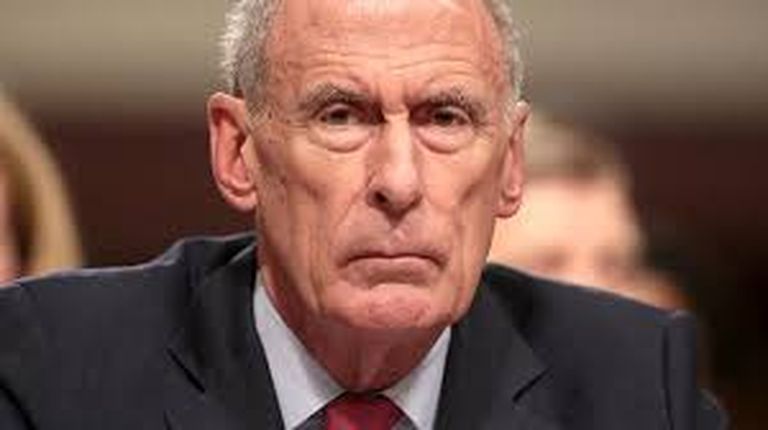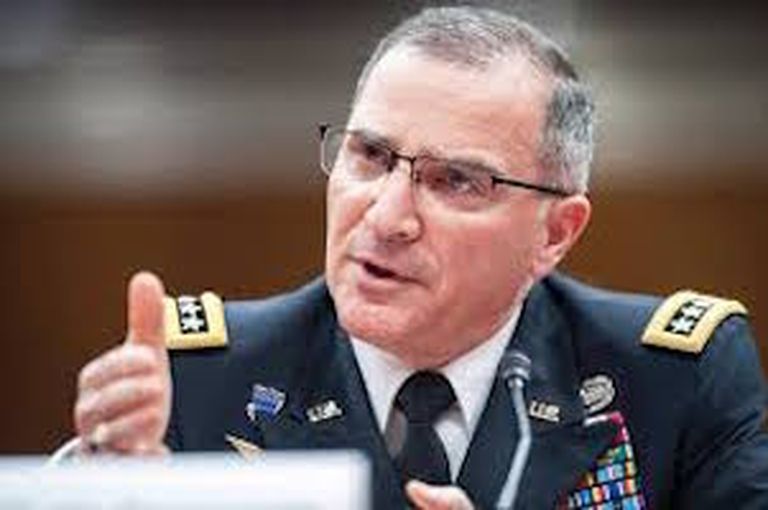
The U.S. voices warning of the next Russian cyberattack are becoming louder and more insistent. Can there be any doubt that state sponsored Russian hackers will inject with steroids their earlier tactics of using social media to influence the coming U.S. Congressional elections?
Concern is growing that the U.S. government has yet to draw up a unified defense to repel the expected Russian cyber threat. Is there a blueprint on the horizon? Not yet, according to intelligence officials, legislators and a top U.S. Army General. But there better be, they said.
A month ago, Daniel Coats, the U.S. Director of National Intelligence, told the Senate Intelligence Committee that Russia sees the 2018 midterm elections as another chance to muck things up as it did in the 2016 presidential campaign. His remarks followed similar statements by CIA Director Mike Pompeo.

Now, in a hearing before the Senate Armed Services Committee on Tuesday, Coats ratcheted up his outlook, saying that Russia has come "out of hibernation" and is a threat to the U.S. and its allies (via Business Insider). The White House and the U.S. government have not done enough to dissuade Russian hackers from targeting the 2018 midterm elections, Coats and other intelligence officials said. Russia "is likely to continue to pursue even more aggressive attacks, with the intent of degrading our Democratic values and weakening our alliances," he said.
Echoing Coats, a top U.S. general said on Thursday the U.S. lacked a unified cybersecurity deterrence plan. “I don’t believe there is an effective unification across the inter-agency, with the energy and the focus that we could attain,” Curtis Scaparrotti, a U.S. Army General who also serves as NATO’s Supreme Allied Commander in Europe, told lawmakers at the hearing, Reuters reported. The U.S. doesn’t fully understand Russian cyber infrastructure, he said. “I would not characterize it as a good picture at this point, not satisfactory to me.”

Meanwhile, in a letter to President Trump dated March 7, 14 senators from both sides of the aisle pushed the Trump administration to “formulate, implement and declare a comprehensive cyber doctrine with an appropriate sense of urgency,” The Hill reported. “We urge you to end this state of inaction immediately,” the legislators said. “The lack of decisive and clearly articulated consequences to cyberattacks against our country has served as an open invitation to foreign adversaries and malicious cyber actors to continue attacking the United States,” the senators wrote in the letter.
The letter was signed by Sen. Martin Heinrich (D-N.M.), Sen. Mike Rounds (R-S.D.), who chairs the Senate Armed Services subcommittee on cyber, and Sens. Lindsey Graham (R-S.C.), Angus King (I-Maine), Jeanne Shaheen (D-N.H.), Dan Sullivan (R-Alaska), Richard Blumenthal (D-Conn.), Tim Scott (R-S.C.), Kirsten Gillibrand (D-N.Y.), Ben Sasse (R-Neb.), Tim Kaine (D-Va.), Gary Peters (D-Mich.), Elizabeth Warren (D-Mass.) and Mazie Hirono (D-Hawaii).
Lawmakers have chided both the Obama and Trump administrations for failing to develop a national strategy to deter cyber crime.
President Trump signed a Cybersecurity Executive Order on May 11, 2017, but critics say it has gotten off to an extremely slow start and doesn't fully address existing and emerging cyber threats.




